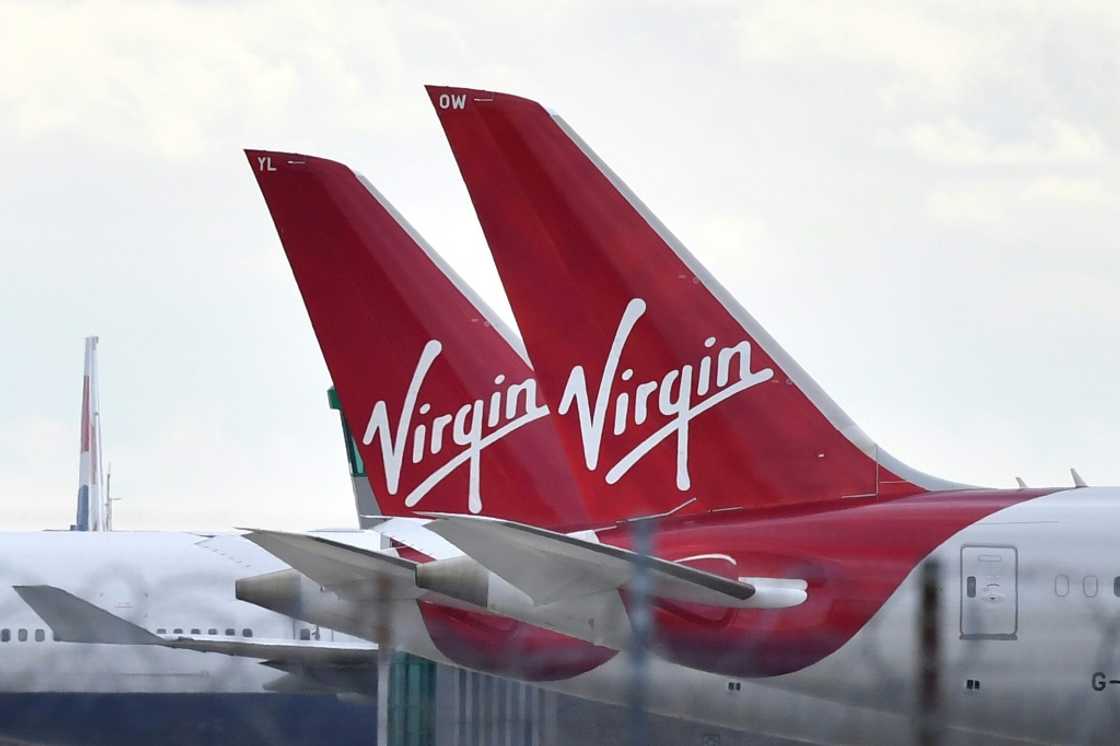UK permits 'world-first' flight powered by sustainable fuels

Source: AFP
Britain's aviation regulator announced Monday it has issued Virgin Atlantic with a permit for a "world-first" transatlantic flight powered entirely by sustainable aviation fuels (SAF).
The UK Civil Aviation Authority (CAA) said permission for the planned November 28 flight from London to New York follows successful "technical reviews" of the request by the British airline, which was supported by a consortium of companies.
They include Boeing, Rolls-Royce, BP, and others.
The aviation industry produces high levels of both carbon dioxide and non-CO2 emissions that contribute to climate change, according to scientists.
Airlines are pinning their hopes on SAF -- a biofuel that produces lower carbon emissions than traditional jet fuel but is currently more expensive to produce -- to decarbonise the sector.
But they have warned the transition will be gradual and costly -- and could push up ticket prices, slowing passenger demand growth.
"As the UK's aviation regulator, it's important that we safely enable the industry to embrace more sustainable practices and push the boundaries of what's possible to create a greener aviation industry," CAA chief executive Rob Bishton said.
"This permit not only allows Virgin Atlantic and others to showcase their commitment to sustainability, but also serves as an example of how the industry is always exploring new technologies."
The CAA said the permit paves the way for Virgin Atlantic to submit approval applications to regulators in the United States, Ireland and Canada, given the flight will travel through each country's airspace.
The UK regulator analysed various aspects of the planned flight, including undertaking ground testing with Rolls-Royce on a Trent 1000 engine running on 100 percent SAF.
The initiative, which is partly funded by the UK government, is aimed at testing and showcasing the feasibility of powering planes by sustainable fuels, according to the CAA.
As part of its efforts to boost the switch, the UK government last December handed Virgin Atlantic up to £1 million ($1.2 million) earmarked to support the industry achieve the first transatlantic flight powered entirely by SAF.
Virgin Atlantic CEO Shai Weiss said getting to this point had "taken radical collaboration across our consortium partners and government".
He noted the airline was committed to using 10 percent SAF by 2030, but urged the government to help create "a UK SAF industry".
"We know that if we can make it, we can fly it," Weiss added.
New feature: Сheck out news that is picked for YOU ➡️ click on “Recommended for you” and enjoy!
Source: AFP



